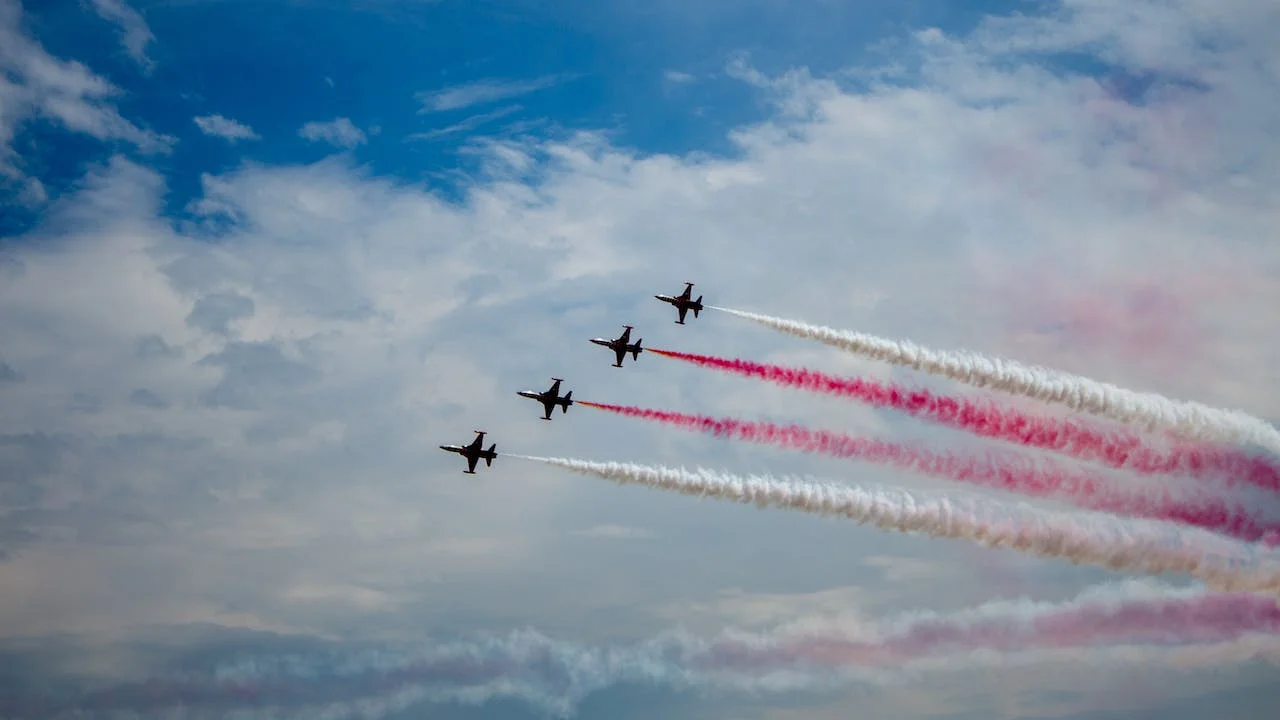
The aerospace sector faces increasing scrutiny for its role in contributing approximately 2% of global carbon emissions. Recognizing the urgency of the climate crisis, major industry players, including the International Air Transport Association, General Aviation Manufacturers Association, and International Civil Aviation Organization have collectively pledged to achieve net-zero emissions in aviation by 2050.
In this crucial endeavor, Embraer, a renowned aircraft manufacturer with over 54 years of expertise in designing and certifying aircraft for commercial, executive, and military aviation, has emerged as a trailblazer committed to sustainable aviation solutions.
Embraer has made substantial investments in the development of more fuel-efficient aircraft that emit fewer pollutants. The flagship E-Jets E2 family of commercial aircraft exemplifies this commitment, incorporating state-of-the-art aerodynamic designs, advanced engines, and lighter materials to achieve a remarkable 25% reduction in fuel consumption compared to previous models.
Furthermore, Embraer has forged strategic partnerships with industry leaders to advance electric and hybrid-electric propulsion technologies for small aircraft. In a groundbreaking move in 2021, Embraer successfully flew its electric demonstrator aircraft, the single-engine EMB-203 Ipanema, solely on 100% electric power, showcasing advancements in power, thermal management, and operational safety for potential larger applications.
Recent announcements from Embraer have unveiled the development of two groundbreaking concept aircraft, collectively known as the “Energia Family.” These innovative aircraft, varying in size, incorporate future propulsion technologies such as parallel hybrid-electric and hydrogen fuel cell systems.
While envisioning a greener future, Embraer emphasizes the importance of supporting the transition from the current fossil-fuel-based model to a zero-emission aviation industry. All Embraer aircraft are currently certified for operations using Sustainable Aviation Fuel (SAF) blends of up to 50%, and the company aims to make its entire portfolio compatible with a 100% SAF blend by 2030. Notably, in June 2022, the E195-E2, the largest aircraft in the E-Jets E2 family, completed a test flight using 100% SAF. Embraer has also announced plans to conduct similar tests on two of its business jets, the Phenom 300 and the Praetor 600, this year.
Embraer stands at the forefront of the sustainable aviation transformation, championing clean technologies and collaborative efforts across the industry. As the company continues to innovate and collaborate, it is actively shaping a greener and more environmentally responsible future for the aviation industry. To delve deeper into Embraer’s commitment to sustainability, visit https://embraer.com/.

